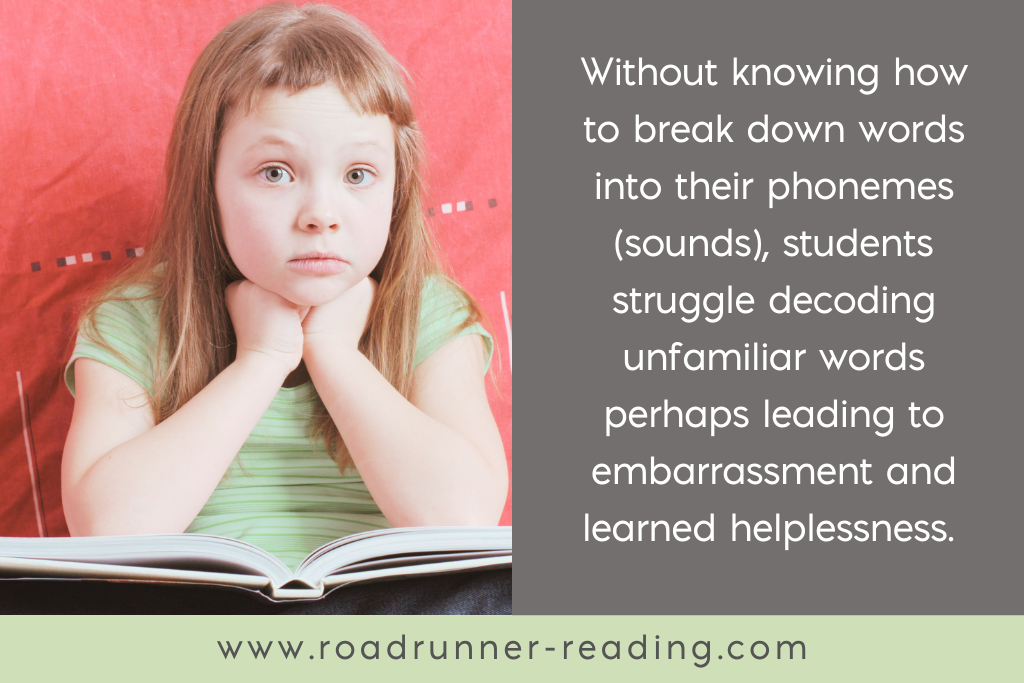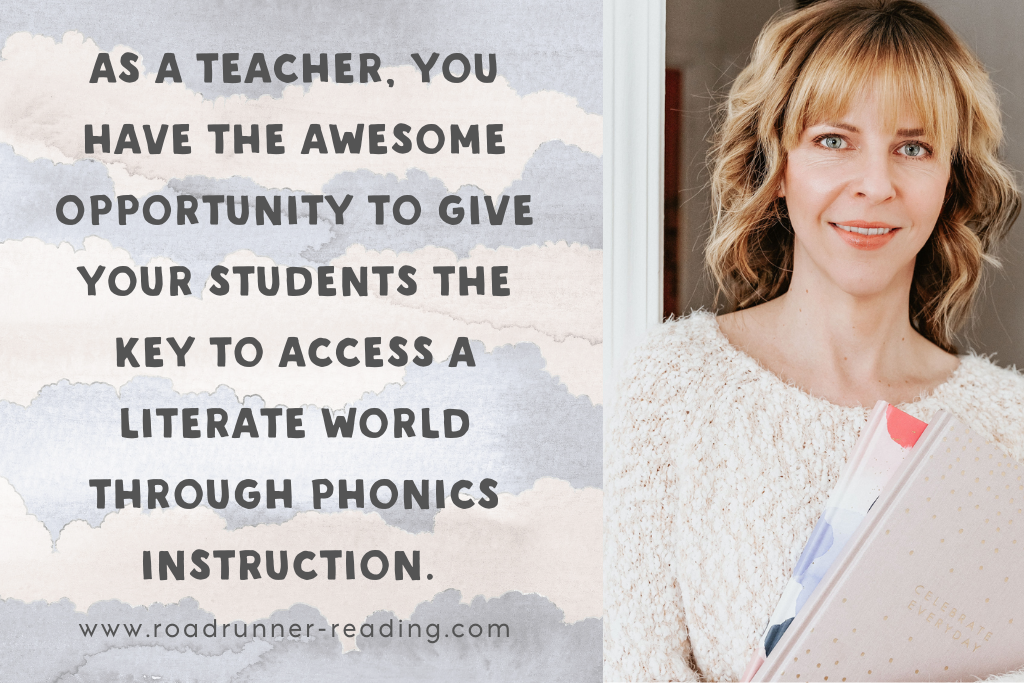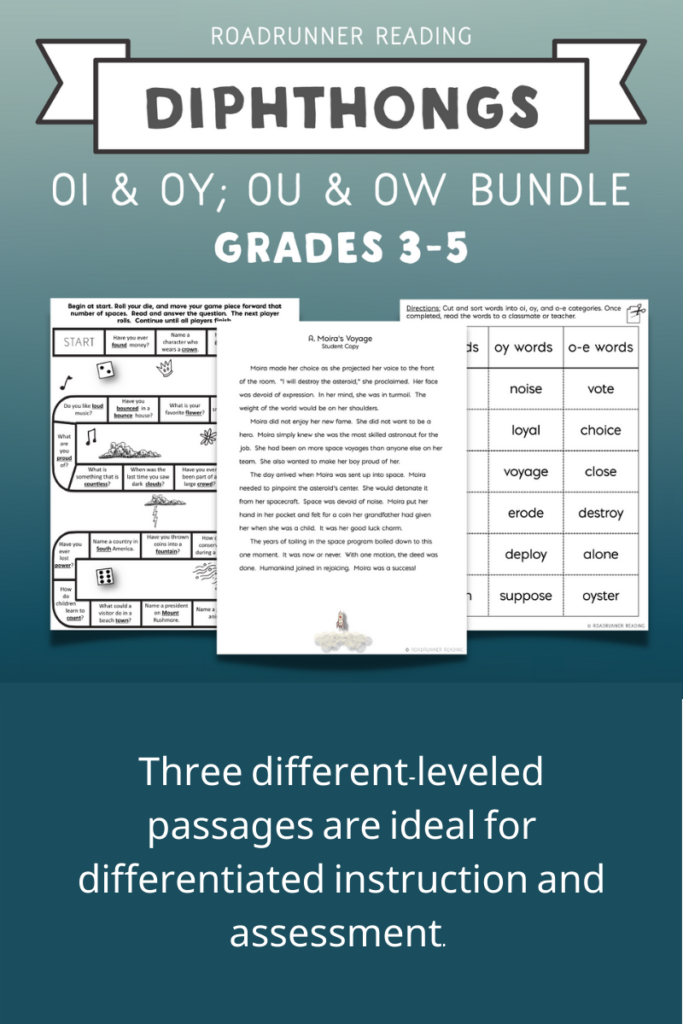There is simply no way of getting out of reading. It impacts every part of a person’s life, from shopping, paying bills, communicating via text, and securing meaningful work.
Teachers may be unknowingly teaching students how to be poor readers.
I never knew until I was a special education teacher teaching phonics to my students that I didn’t have a foundation of phonics skills to pull from. Growing up, I was a product of the whole language approach to reading (also known as the balanced literacy approach). This approach focuses on students learning to recognize words as single units instead of sounding out phonetically.
That may not sound like a misinformed approach, inevitably don’t we all, at some point, memorize words as fundamental components? Yes, of course. But what do you do when you come to a word you haven’t memorized, let alone need to spell?

The antidote to the balanced literacy approach is the science of reading.
The science of reading is a foundation that gives us the tools on how to help our students read. It establishes the importance of phonological awareness and phonics instruction that is explicit and systematic. Phonological awareness is having an understanding that words are made up of sounds (phonemes). Phonics involves teaching students the letter/sound correspondences. When a student is taught the sounds for the letters m, s, t, and short a, they can now read Matt, sat, Sam, am, and at. It also means they can read the nonsense word tam. Tam was never filed into their long-term memory, but they can still read it and spell it.
In the United States, about 60% of 4th-grade students lack reading proficiency.
I’m sure you can determine the poor impact literacy has on students’ lives. They have low attendance, higher incidences of maladaptive behaviors, higher dropout rates, and an increased likelihood of being involved in the criminal justice system. And the downward spiral continues from there.
Your role in your students’ lives is a crucial one
You can help give them a foundation in the reading skills to better access the world around them. We, as teachers, are blessed with the tremendous privilege of being bearers of empowerment.
It’s never too late to start building confidence in ourselves as reading experts and then giving that knowledge to our students. Providing your students with a foundation in phonics skills and then encouraging even 15 minutes of reading a day can make a tremendous difference in your students’ reading ability.
If you’re not sure where to begin, see if your school can provide you with training in a researched-based reading program established in the Orton-Gillingham approach to reading.

If you need reading resources that need to meet the diverse reading needs of your readers, check out my easy-to-use reading worksheets and activities.
Most importantly, just begin! For your students — every word decoded, page read, and book tackled is one step closer to a life more fully lived through literacy.


